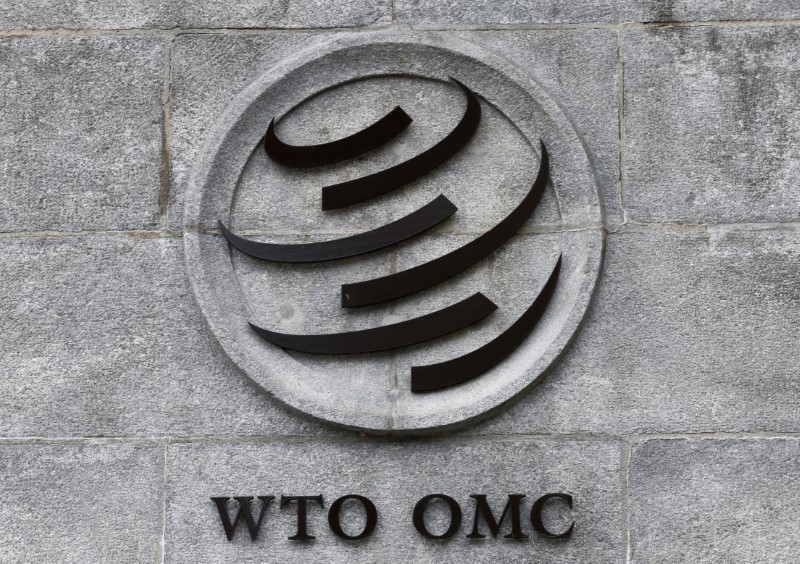GENEVA (Reuters) - The United States has called at a meeting in Geneva for a "reset" of agricultural trade negotiations, rejecting calls from other states to push on with long-drawn-out talks on reform, a trade official said.
Traditional subsidisers such as the United States, Japan and the European Union have long resisted pressure to wean their farmers off handouts, while the United States has accused both China and India of paying far greater subsidies than allowed.
Farm talks reached a dead end last December when World Trade Organization (WTO) ministers met for their two-yearly conference in Buenos Aires but failed to achieve anything.
Five months on, negotiators met again at the WTO's agriculture committee this week but there were still wide divisions, according to a trade official who attended.
Agricultural exporters such as Australia and Brazil called for a "restart" of negotiations, with a plan to agree a "concrete step forward" at the next ministerial meeting in 2019 and "comprehensive action" at the 2021 gathering.
They warned in a statement last week that by 2030, nine big WTO members would be entitled to a combined $1 trillion in trade-distorting farm subsidies, creating risks for trade and food security.
Many WTO members called for a resumption of negotiations. Several, including China and India, said there was an existing mandate from previous ministerial meetings to discuss specific issues, giving a basis for continued talks.
But Japan said the failure of old proposals at last year's ministerial meeting suggested that new proposals were needed.
The U.S. representative at the meeting rejected the idea of jumping into negotiations too soon, the trade official said.
The United States was looking at a "reset" of farm talks and played down the urgency of negotiations, and disagreed that it was necessary to set a clear timeline. The U.S. representative said more time was needed for reflection, according to the trade official.
The European Union called for stronger political will in the negotiations, but agreed with the U.S. point that there should not be any artificial deadlines for the talks.

Agriculture has been a quagmire for WTO negotiators ever since the global trading club was set up in 1995, proving a major obstacle for a comprehensive trade reform deal.